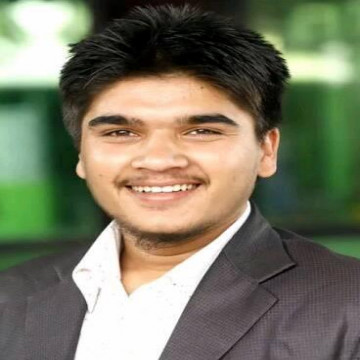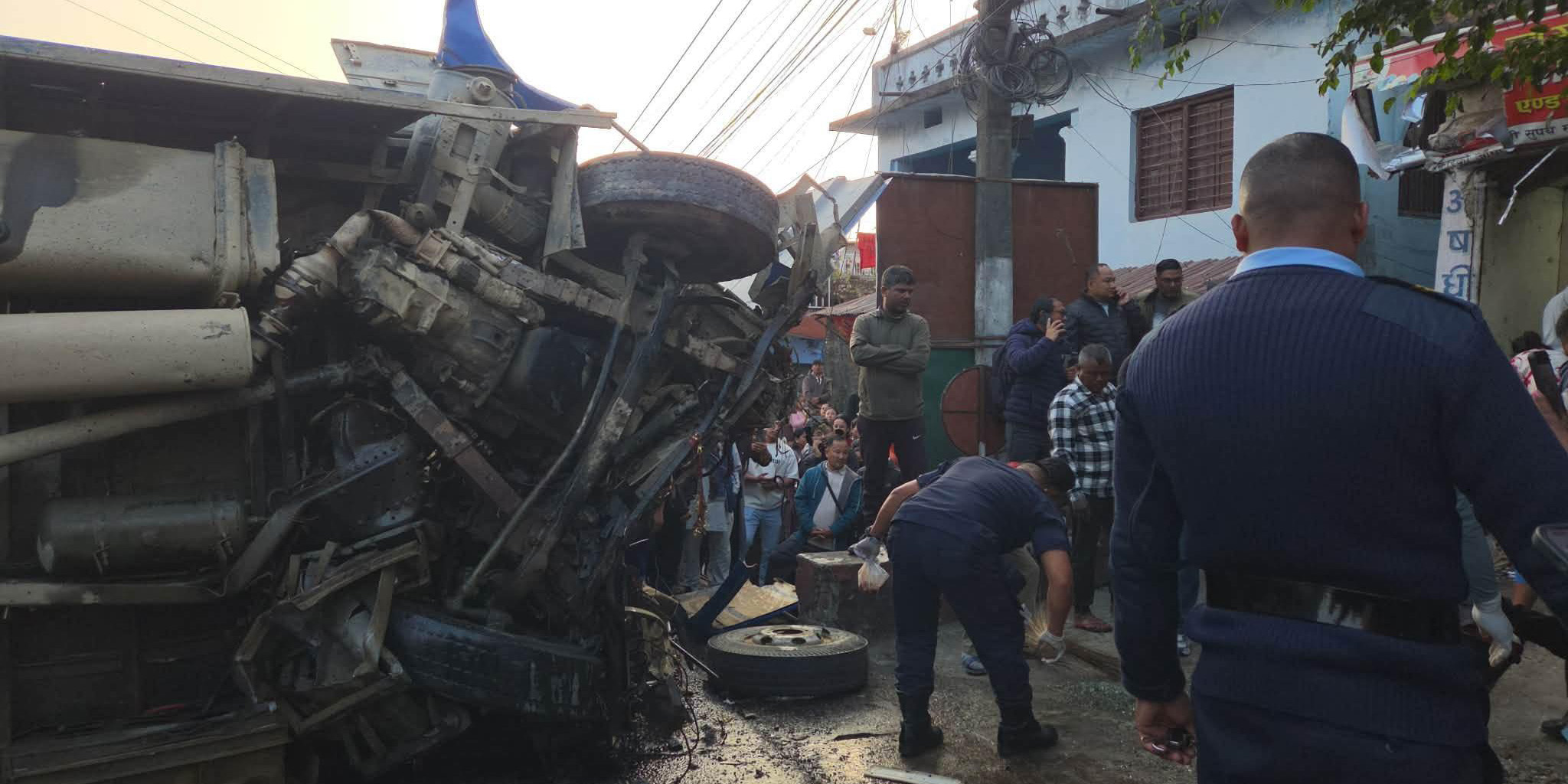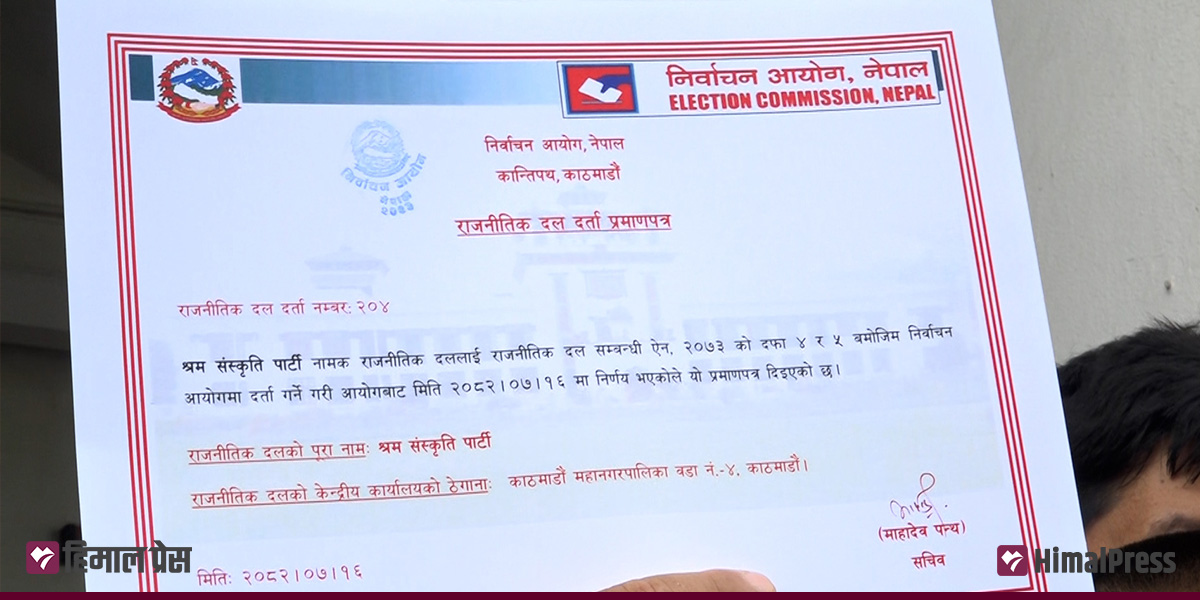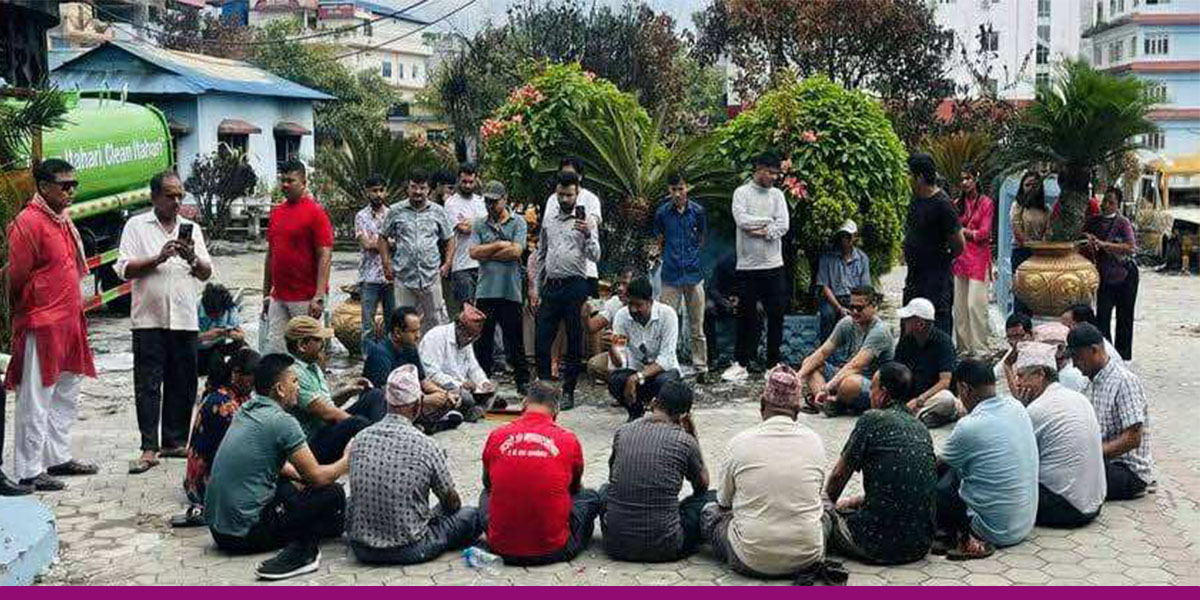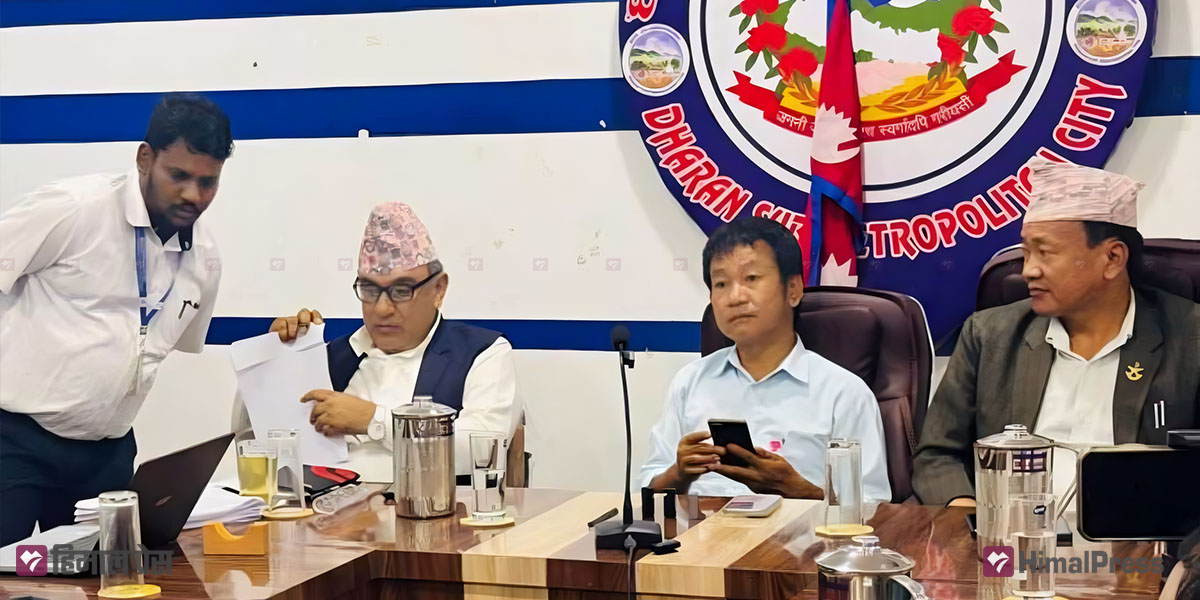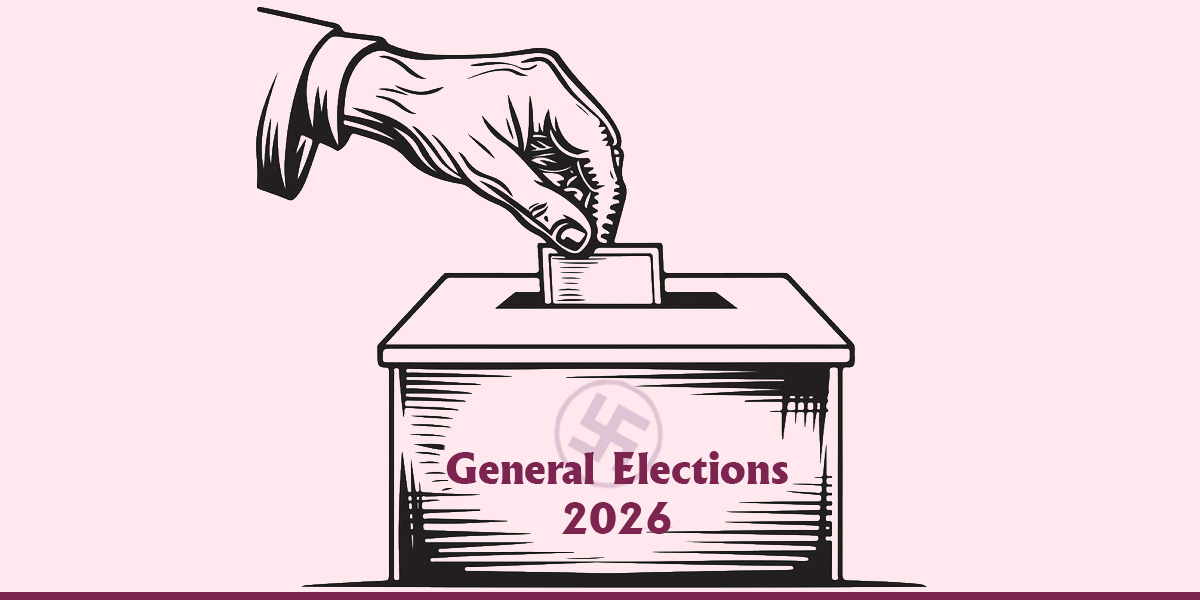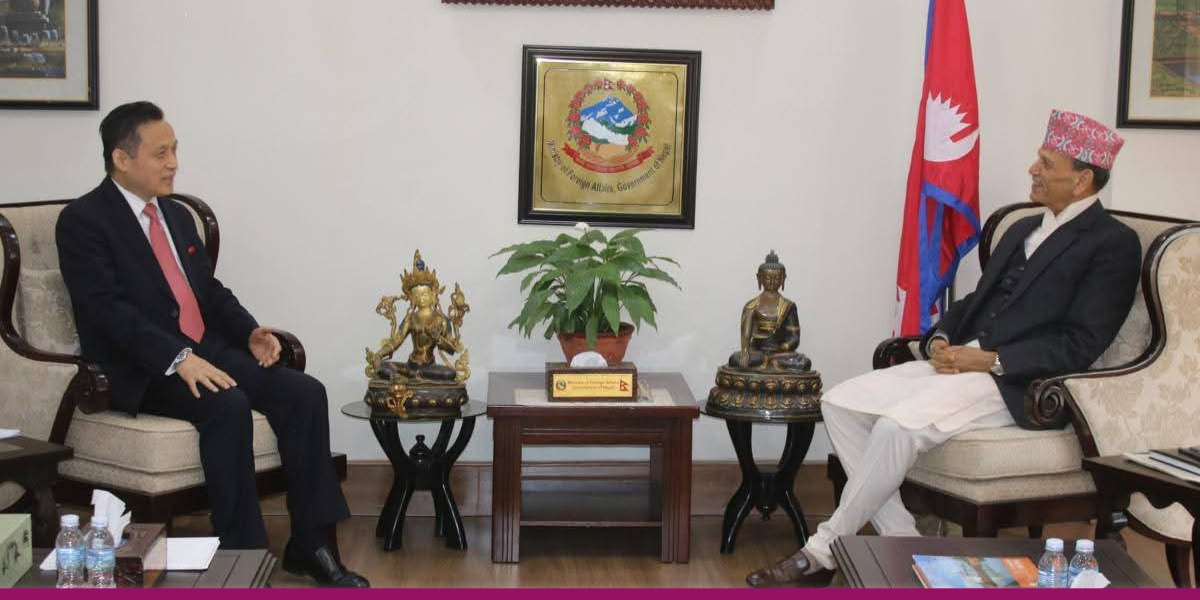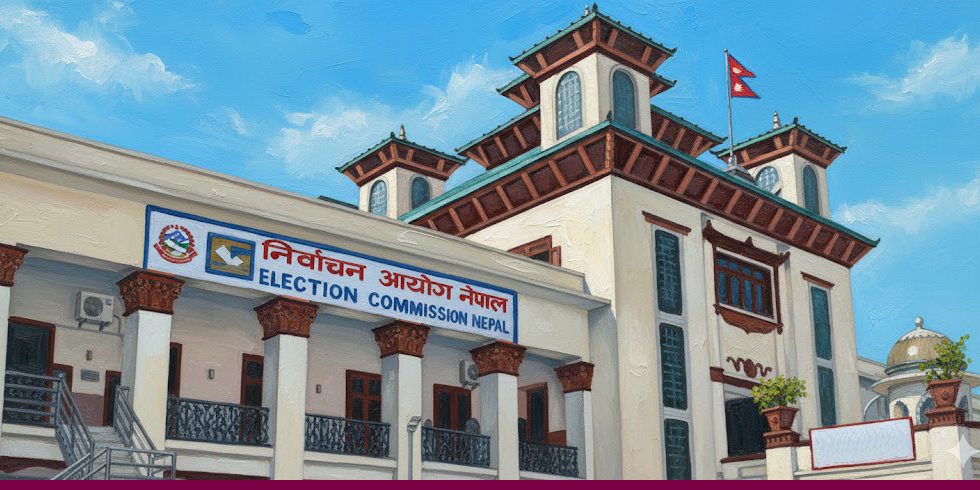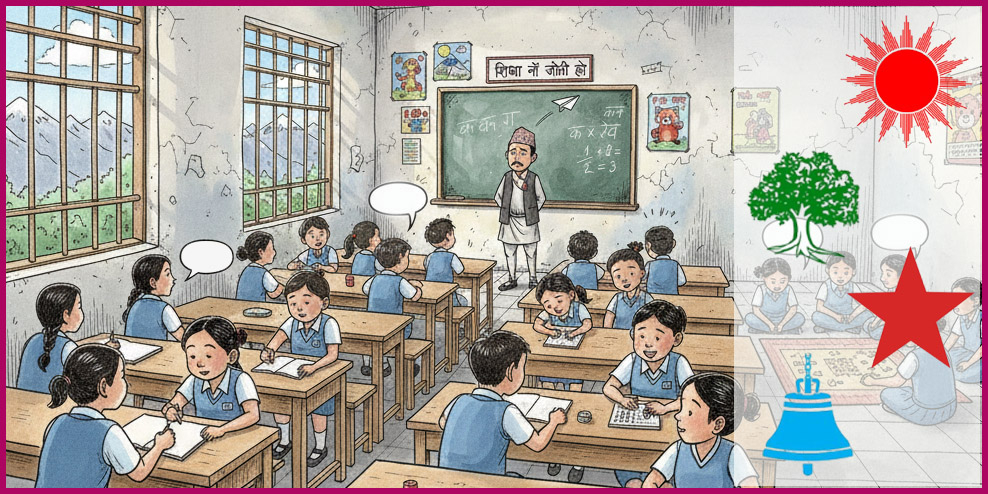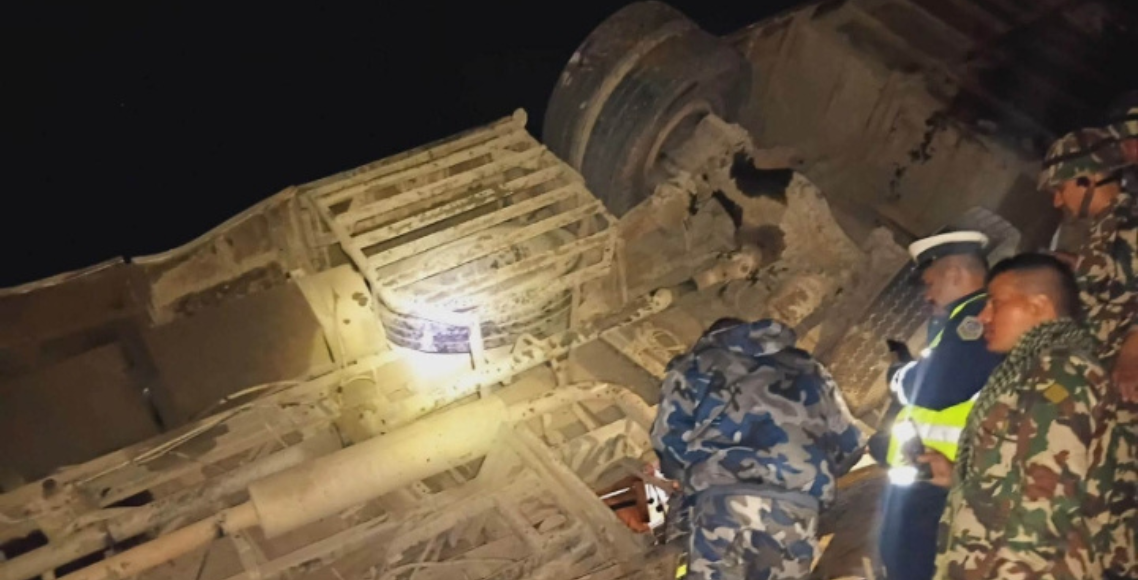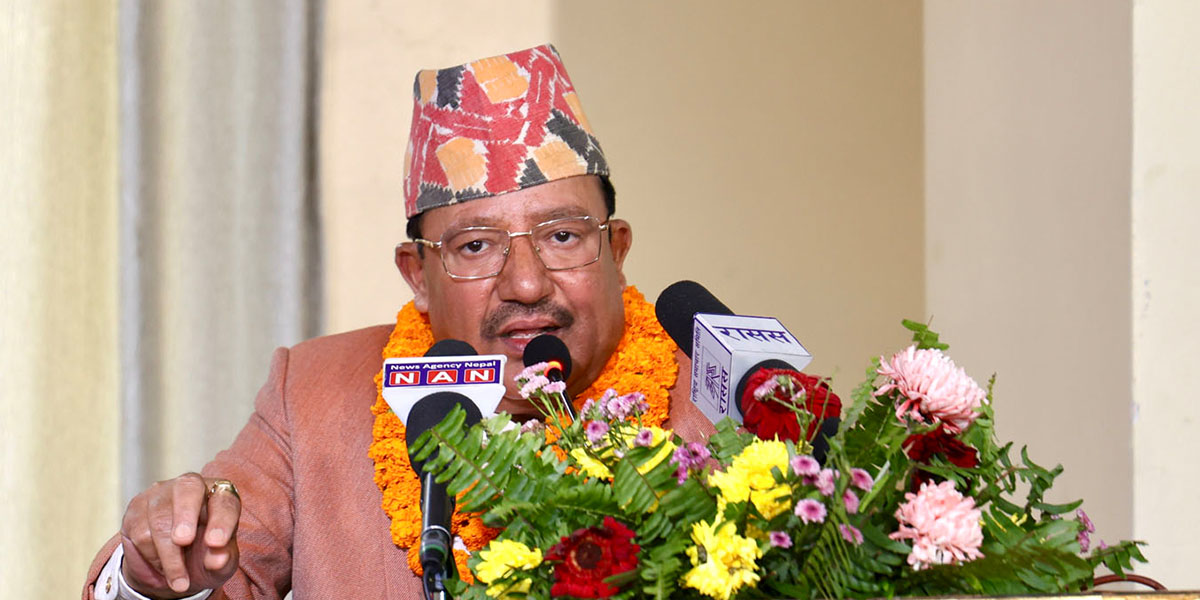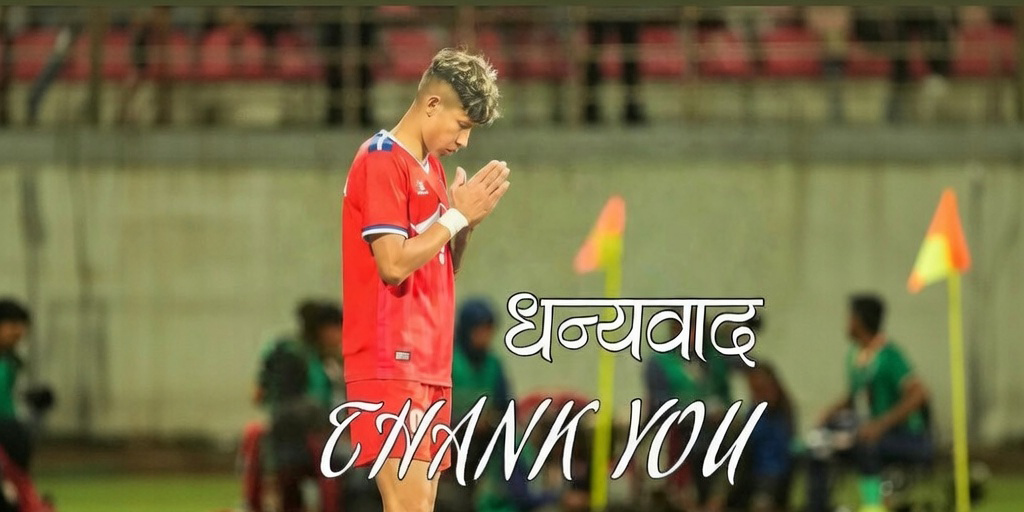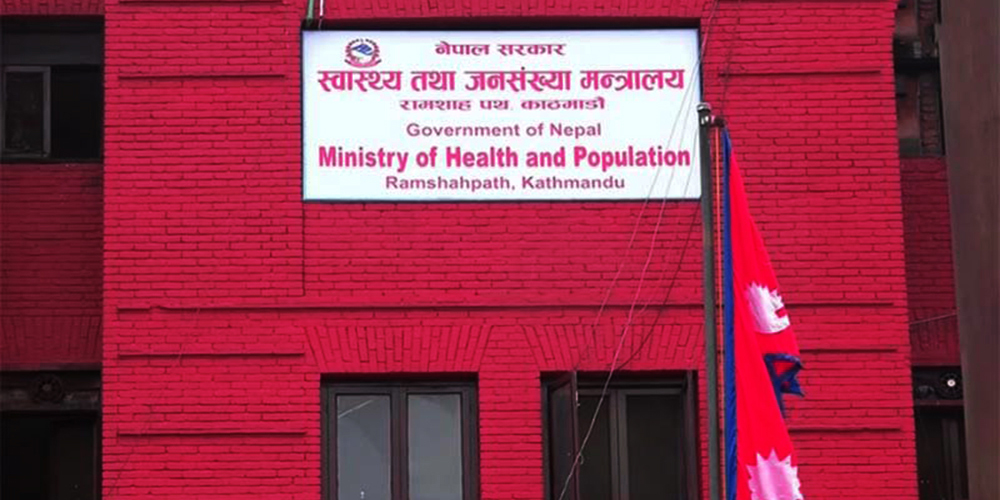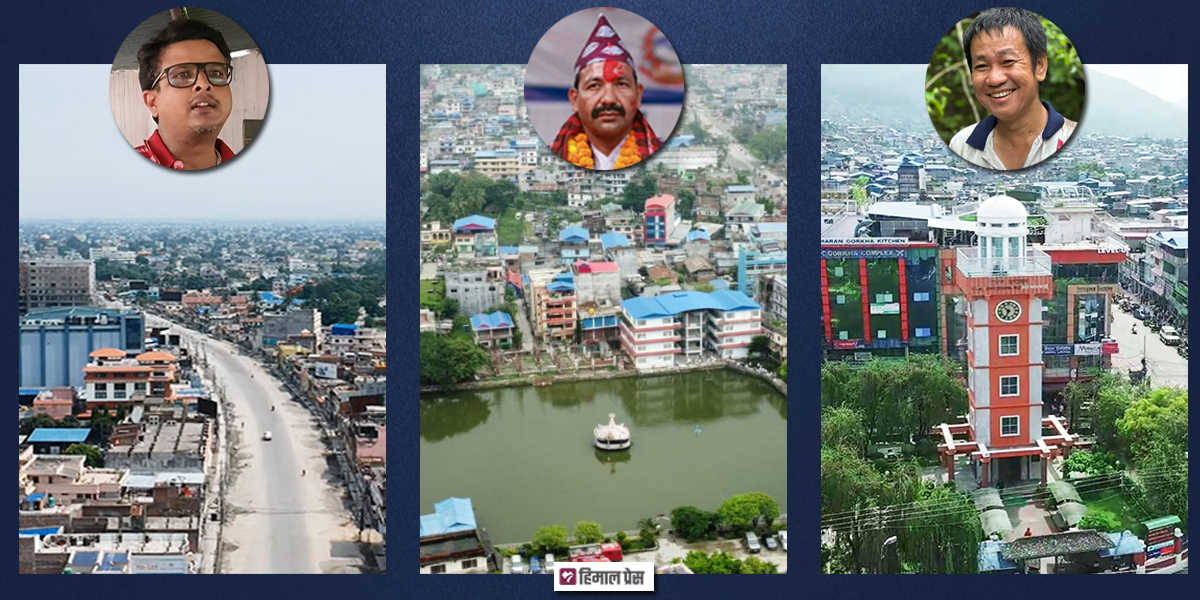
ITAHARI: Seven years after the implementation of federalism, the federal government has not stopped interfering in provincial affairs. Parties are deciding from the center which party will form the government and who will become ministers. Koshi Province Government has become a victim of the center’s intervention.
While the federal government is drawing criticism for interfering in the province government’s affairs, local units are active in development works. Since the constitution has given the right to create and implement laws by itself, the local units have neither tolerated the intervention of the center nor are waiting for orders from above in development works. The local units have made significant progress in the development of education, health, infrastructure, etc. With few exceptions, the activity of local units in development works is praiseworthy.
Rajendra Parajuli, Chief Administrative Officer of Biratnagar Metropolitan City, says that the necessary laws are being made and implemented. The lone metropolis in Koshi Province is currently focused on health and infrastructure development. The metropolis has two health institutions where regular checkups and vaccination programs are conducted, according to Parajuli. “We have allocated the budget received from the federal government as well as our internal resources for the health sector,” he added.
Similarly, he said, construction of roads, culverts, and irrigation projects is going on in various places. He says that there is no new work in education.
Parajuli said that the metropolis has not brought any special or new plans and is working as usual. He said, “We have not brought any special plans as such,” he said, adding: “But we are working sensitively on issues related to people’s daily life.”
Itahari Sub-metropolitan City, however, is implementing new programs in the health and education sector. Itahari Mayor Hemkarna Paudel said the sub-metropolis was working to improve the quality of education in community schools.
The sub-metropolis has recently arranged mid-day meals for students studying in community schools. “We recently invited bids for the production and supply of midday meals for students of community schools,” Poudel added.
Itahari will spend Rs 93.26 million on the school lunch program. It plans to utilize Rs 19.8 million received as a grant from the federal government and its internal resources for the program. As many as 8,028 students of 50 schools will benefit from the program.
Mayor Paudel also said that the Itahari Hospital under the sub-metropolitan city was providing 24-hour emergency service. “We are making the necessary efforts so that people in the sub-metropolis don’t have to go outside or to private hospitals for treatment,” he added.
The sub-metropolis is also providing ambulance and mortuary van services free of cost.
Chief Administrative Officer Ram Charitra Mehta said that more work is being done in the areas of education, health, and infrastructure in the sub-metropolitan area. “In the field of education, we will declare five schools as model educational institutions this year,” he said. “We are going with the same momentum in infrastructure development. This year, we will build an overhead bridge for pedestrians at Itahari Chowk.”
According to Mehta, the sub-metropolis has set a target of blacktopping 25 kilometers of roads this year. Likewise, it plans to build a city hall and a community building for Tharu people.
Dharan Sub-metropolitan City, however, has seen a slowdown in development activities compared to the past. Mayor Harka Sampang has been accused of not paying sufficient attention to long-term planning. Therefore, the budget is being spent only on plans started in the past, while no new work has been done in terms of infrastructure development.
Deputy Metropolitan Spokesperson and Ward No. 17 ward president Manoj Bhattarai (Surya) said that there is no new work in the municipality. According to him, earlier, the sub-metropolis played a coordinating role in solving the problems of businessmen. Bhattarai said, “Now we are behind in things like education, health, and employment.”
Manoj Bhattarai, Ward Chair of Dharan-17, also the spokesperson for the sub-metropolis, said the overall development works have been overshadowed as Mayor Sampang is busy with political stunts.
Last year, the municipal executive meeting decided to implement the ‘one ward, one infrastructure’ program. Bhattarai, however, said that the implementation of the program is not becoming effective.
Dharan Sub-metropolitan City has allocated the budget by keeping water supply, infrastructure development, tourism, agriculture, education, health, social development, and disaster management in priority in the current fiscal year.
Water supply is the biggest problem in Dharan. Mayor Sampang got elected as an independent candidate by pledging to solve the drinking water issue in Dharan. Although three projects have been accomplished on Sampang’s initiatives, they have proved inadequate to solve the drinking water woes. Dharan has been supplying only 20 million liters of water per day against the daily demand for 30 million liters.
Knowledgeable people say the tussle between the Mayor and ward chairpersons is affecting development works in Dharan.

